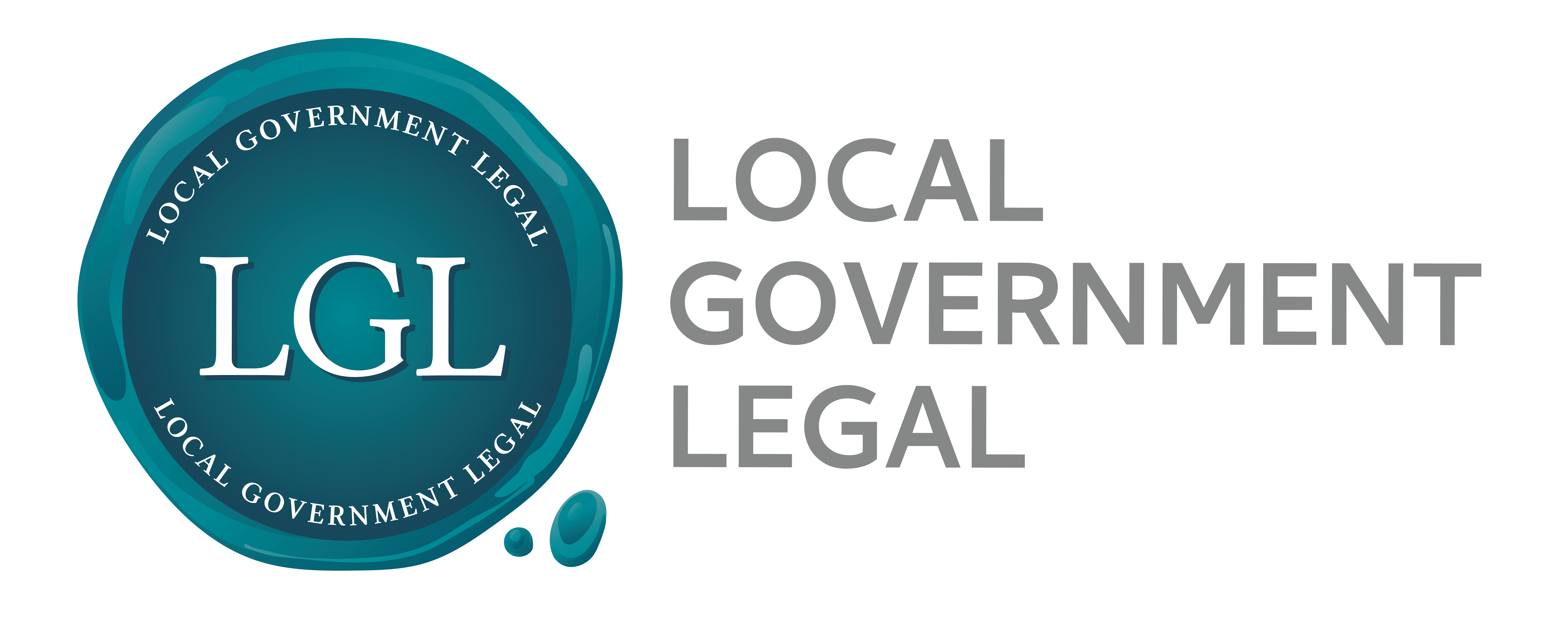Recent amendments to the Privacy and Personal Information Protection Regulation 2005 (the “PPIP Regulation”) operate to exempt local councils from provisions of the Privacy and Personal Information Protection Act 1998 (“PPIP Act”) in relation to the collection of personal information by using a CCTV camera installed for the purpose of filming a public place, and the disclosure to the NSW Police Force of that information by way of live transmission.
On 17 May 2013 the PPIP Regulation was amended by the Privacy and Personal Information Protection Amendment (CCTV) Regulation 2013 (the “Amendment Regulation”) by inserting clause 9, which provides an exemption for local councils in relation to CCTV cameras as follows (our emphasis):
“(1) A local council is exempt from section 11 of the Act with respect to the collection of personal information by using a CCTV camera that the council has installed for the purpose of filming a public place if the camera is positioned so no other land is filmed (unless it is not reasonably practicable to avoid filming the other land when filming the public place).
(2) The local council is also exempt from section 18 of the Act with respect to the disclosure to the NSW Police Force of personal information by way of live transmission from such a CCTV camera.
(3) In this clause, public place has the same meaning as in the Local Government Act 1993.”
Prior to the amendments, concern had been raised by local councils regarding possible breaches of Information Protection Principles in the PPIP Act, specifically section 11 (Principle 4) and section 18 (Principle 11), which provide as follows (our emphasis):
“11 Other requirements relating to collection of personal information
If a public sector agency collects personal information from an individual, the agency must take such steps as are reasonable in the circumstances (having regard to the purposes for which the information is collected) to ensure that:
(a) the information collected is relevant to that purpose, is not excessive, and is accurate, up to date and complete, and
(b) the collection of the information does not intrude to an unreasonable extent on the personal affairs of the individual to whom the information relates.
…
18 Limits on disclosure of personal information
(1) A public sector agency that holds personal information must not disclose the information to a person (other than the individual to whom the information relates) or other body, whether or not such other person or body is a public sector agency, unless:
(a) the disclosure is directly related to the purpose for which the information was collected, and the agency disclosing the information has no reason to believe that the individual concerned would object to the disclosure, or
(b) the individual concerned is reasonably likely to have been aware, or has been made aware in accordance with section 10, that information of that kind is usually disclosed to that other person or body, or
(c) the agency believes on reasonable grounds that the disclosure is necessary to prevent or lessen a serious and imminent threat to the life or health of the individual concerned or another person.
(2) If personal information is disclosed in accordance with subsection (1) to a person or body that is a public sector agency, that agency must not use or disclose the information for a purpose other than the purpose for which the information was given to it.
It would seem that the NSW Government has made these amendments to the PPIP Act after the Shoalhaven case (where Shoalhaven City Council was videotaping and providing images to the NSW Police) to enable local councils using a CCTV camera installed for the purpose of filming a public place, to disclose to the NSW Police Force that information by way of live transmission.
While the PPIP Regulation gives local councils some privacy exemptions when using a CCTV camera in certain circumstances, councils still have to comply with the remaining Information Protection Principles of the PPIP Act. It should also be noted that the exemption also only applies to filming a public place as defined in the Dictionary of the Local Government Act 1993.
Note: This information is not to be relied upon as legal advice.
